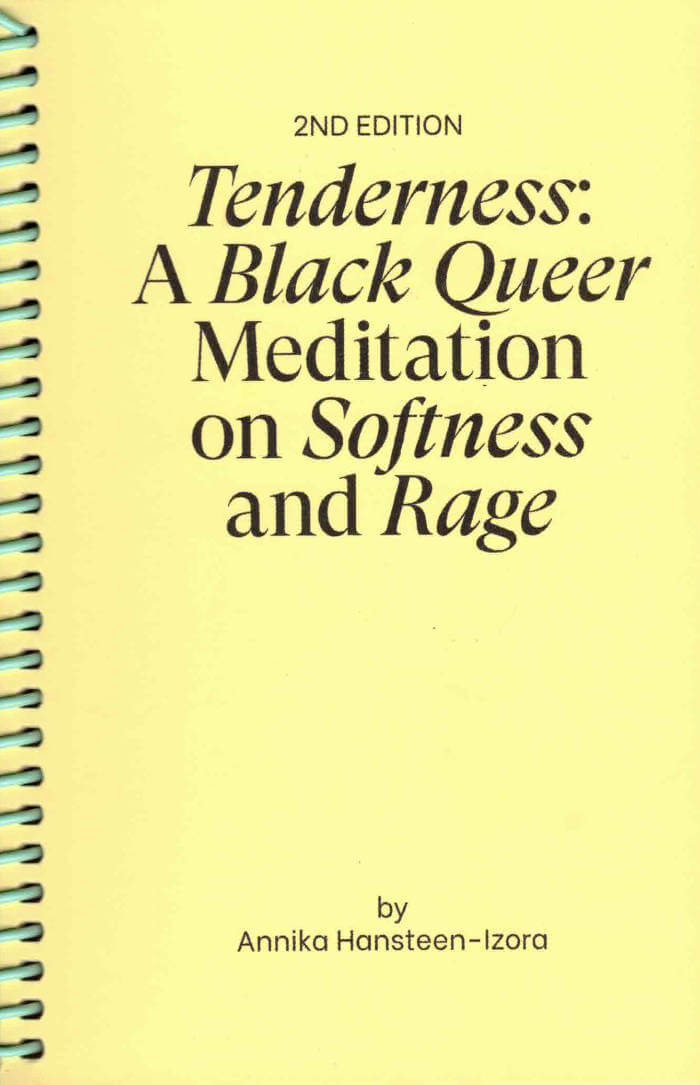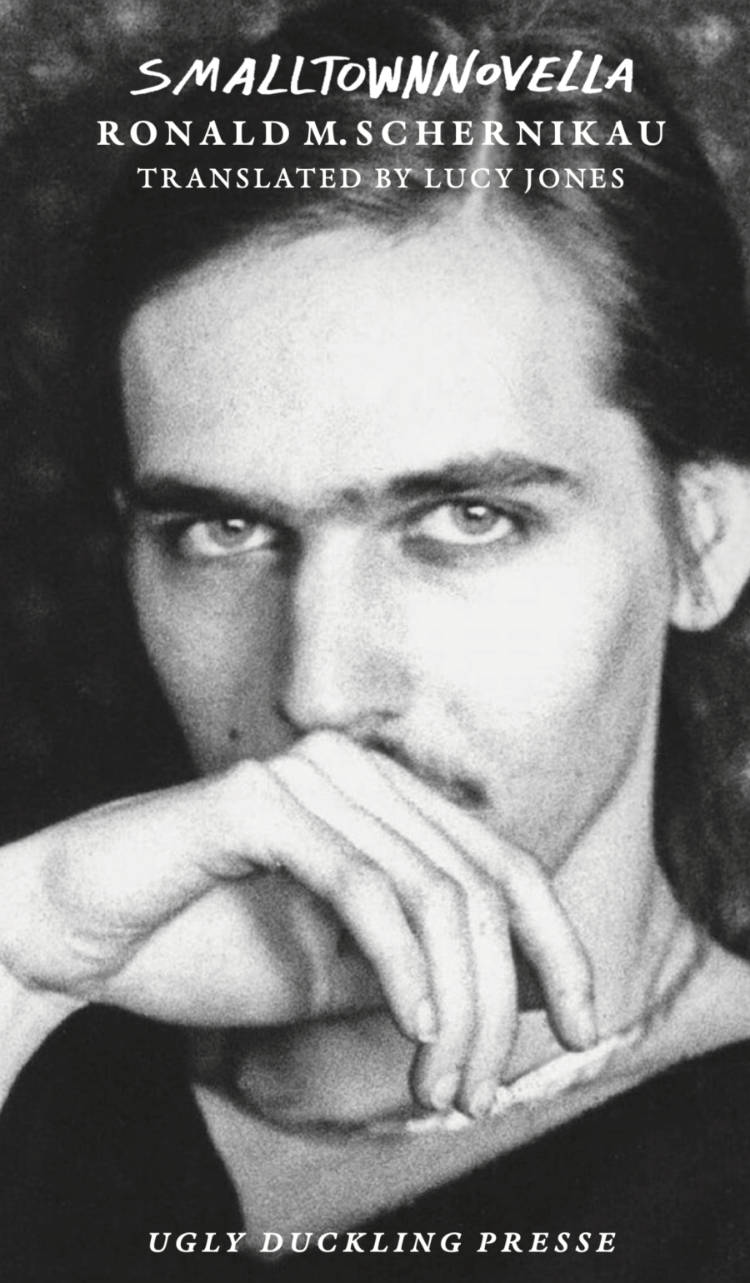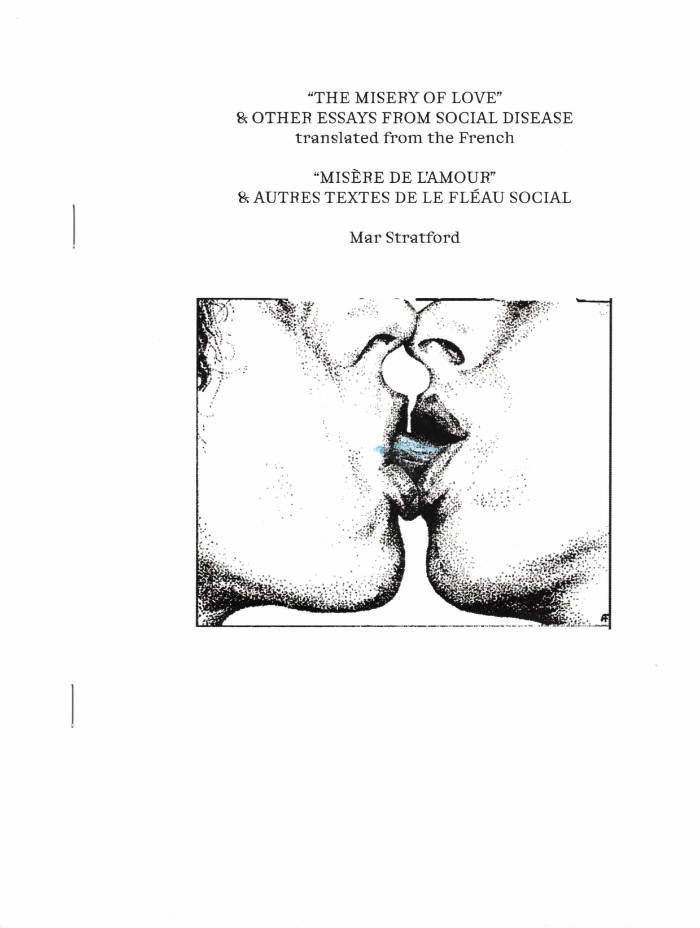
Tenderness A Black Queer Meditation On Softness And Rage (Second Edition)
Tenderness is back with a second edition and new title, Tenderness: A Black Queer Meditation on Softness and Rage. This second edition has all the original content from the first edition with more to explore, including a new preface from author Annika Hansteen-Izora.
What would it mean if tenderness could hold a simultaneous existence of joy and rage? How to call on tenderness as a practice of love, rather than a regurgitation of white supremacy? Author and writer Annika Hansteen-Izora explores answers in Tenderness: A Black Queer Meditation on Softness and Rage. A meditation, critical inquiry, and invitation to expand our imaginations on meanings of tenderness, this piece calls into question conceptions of tenderness that are rooted in desirability, anti-Blackness and white supremacy, and instead unfolds the potentials of tenderness as a tool, a balm, a healing agent, and a question to lean into.
Size: 5" x 7.5", 72 pages, spiral bound. Edition of 750.
Self published by Co—Conspirator Press with the support of Feminist Center for Creative Work. Written by Annika Hansteen-Izora. Copy Edited by Aliyah Blackmore. Designed and Illustrated by MJ Balvanera. Risograph printed by Neko Natalia. Bound by South Gate Bindery.
Language: English




